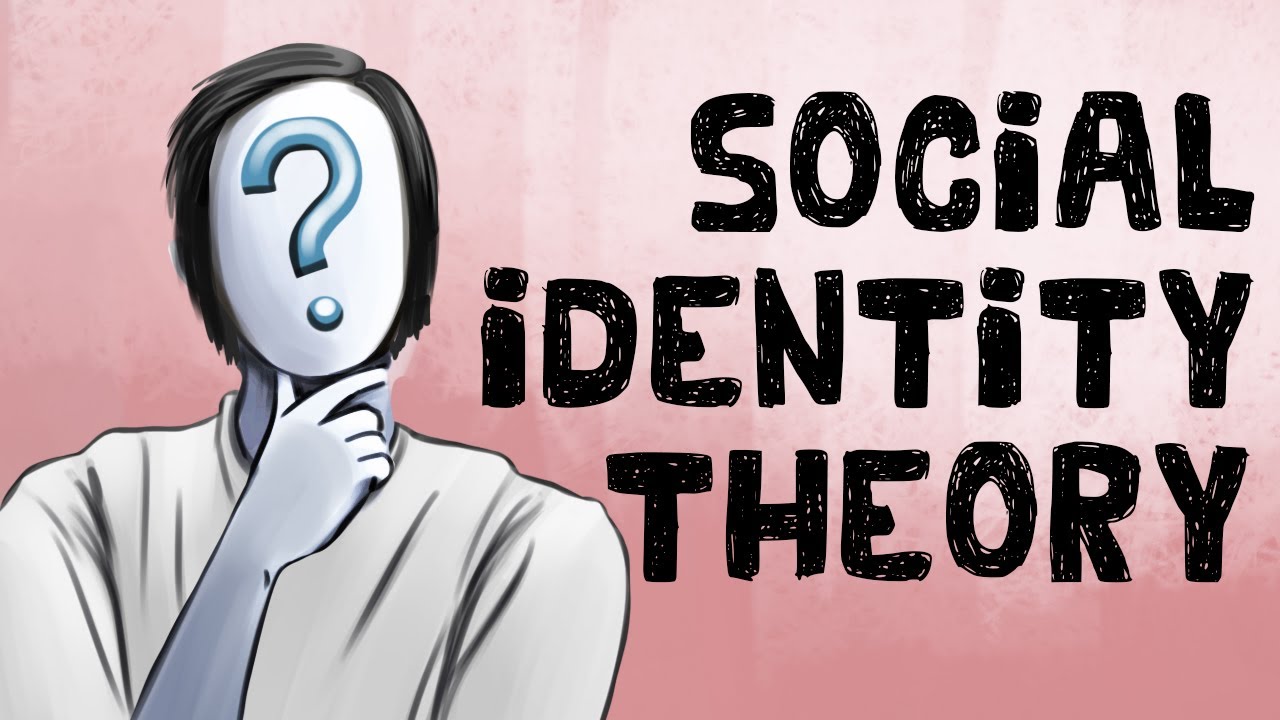Social Identity in Social Psychology
May 31, 2023
This assignment explores the concept of social identity in social psychology, which is essential for understanding group behavior and interpersonal relationships. Social identity refers to how individuals define themselves according to their membership in a particular group or society. It is used to explain why people behave as they do—as members of particular groups—rather than as individuals.
Social identity has been studied extensively within the framework of social psychology since the early 20th century, with research into topics such as group dynamics, intergroup relations, conformity, prejudice, and discrimination. Studies have shown that people are more likely to conform to the expectations of others when they feel a sense of belonging to the group in question. This means that individuals may be influenced by other group members' beliefs and behaviors even if it goes against their own individual values.

In addition, social identity can influence how people view themselves and others in the context of a group. People may be more likely to view out-group members as inferior or different, a phenomenon known as prejudice or discrimination. This can lead to negative attitudes toward minority groups, which can have long-term consequences on society and its institutions.
Research has also suggested that social identities play an important role in forming self-esteem and motivation. Individuals with strong social identities tend to be more motivated and have higher levels of self-worth than those without them, regardless of their actual achievements. As such, it is important for individuals to find healthy ways of connecting with groups through shared interests or experiences in order to build a positive self-image.
All in all, social identity is an essential part of understanding group dynamics and interpersonal relationships. By recognizing how social identities can influence the way people think and act, we can better understand the complexities of human behavior and work to create more inclusive societies.
